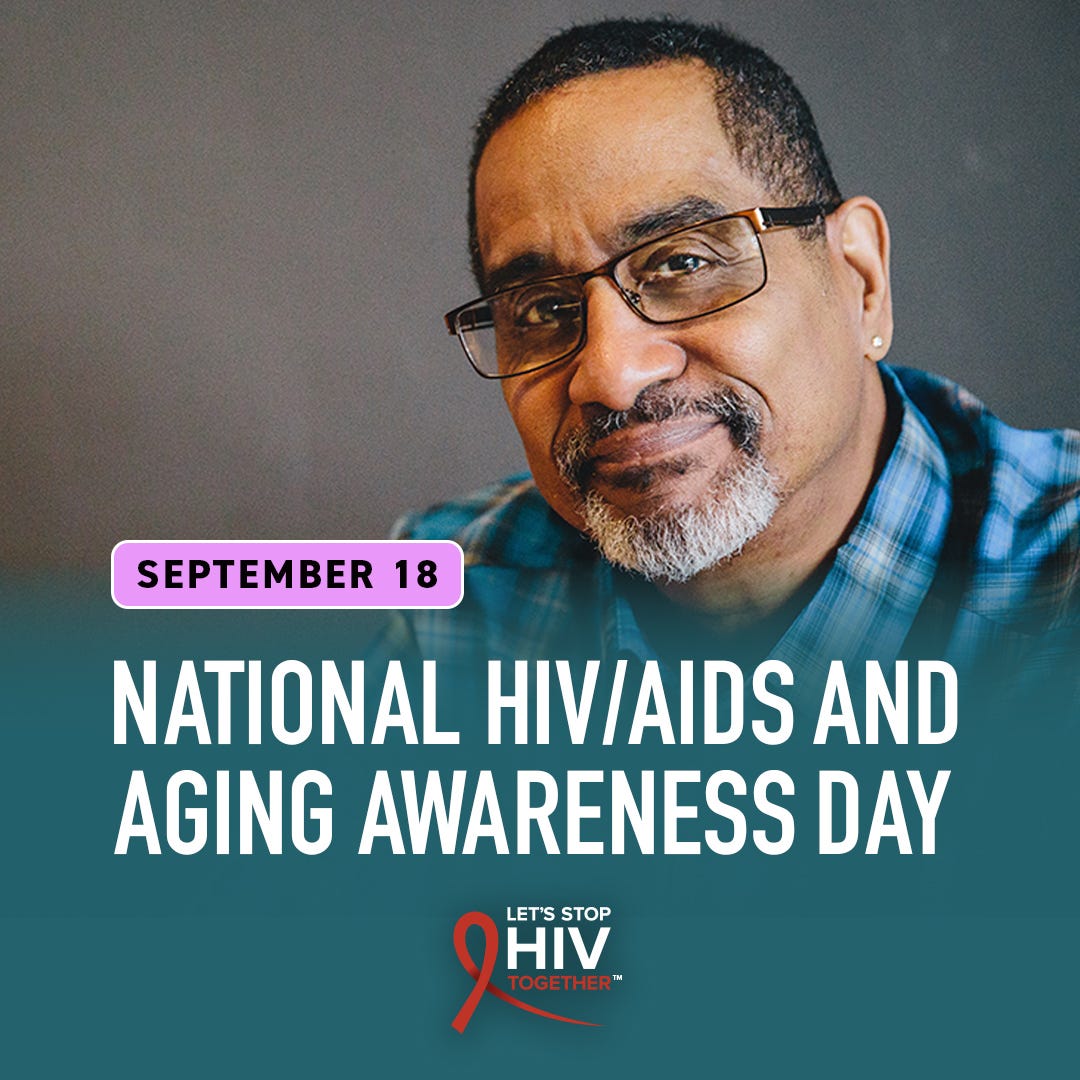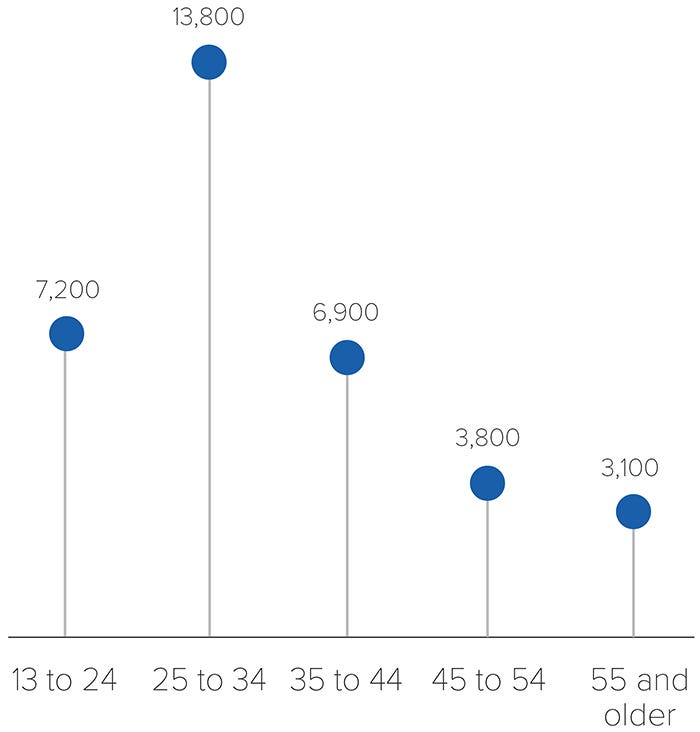Let's Get Over with the HIV STIGMA & Support those suffering the menace...
Commemorating the HIV/AIDS & Ageing Awareness Day....
Knowledge is Power and the Biggest Preventive Healthcare Intervention…
It needs to be acquired and proliferated across without taboos & stigmas for a fulfilling healthy society… .
September 18 is HIV/AIDS & Aging Awareness Day.
A day to combat stigma faced by older people with HIV and address aging-related challenges of HIV testing, prevention, and care.
A day to address HIV’s impact on adults 50 & older.
With advances in treatment, people with HIV are living longer, healthier lives.
Reduce stigma and promote prevention, testing, & treatment among older adults.
#NHAAD #StopHIVTogether
HIV by Age: HIV Incidence
HIV incidence is one of the six Ending the HIV Epidemic in the U.S. indicators. HIV incidence is the estimated number of new HIV infections each year.
Read More Here :: HIV by Age
When we support people with HIV, we make it easier for them to lead healthy lives. Let’s Stop HIV Together highlights the role that each person plays in stopping HIV stigma and gives voice to people living with HIV, as well as their friends and family. Campaign participants share their stories and call on everyone to work together to stop HIV.
What is HIV stigma?
HIV stigma is negative attitudes and beliefs about people with HIV. It is the prejudice that comes with labeling an individual as part of a group that is believed to be socially unacceptable.
Here are a few examples:
Believing that only certain groups of people can get HIV
Making moral judgments about people who take steps to prevent HIV transmission
Feeling that people deserve to get HIV because of their choices
What is discrimination?
While stigma refers to an attitude or belief, discrimination is the behaviors that result from those attitudes or beliefs. HIV discrimination is the act of treating people living with HIV differently than those without HIV.
Here are a few examples:
A health care professional refusing to provide care or services to a person living with HIV
Refusing casual contact with someone living with HIV
Socially isolating a member of a community because they are HIV positive
Referring to people as HIVers or Positives
What are the effects of HIV stigma and discrimination?
HIV stigma and discrimination affect the emotional well-being and mental health of people living with HIV. People living with HIV often internalize the stigma they experience and begin to develop a negative self-image. They may fear they will be discriminated against or judged negatively if their HIV status is revealed.
“Internalized stigma” or “self-stigma” happens when a person takes in the negative ideas and stereotypes about people living with HIV and start to apply them to themselves. HIV internalized stigma can lead to feelings of shame, fear of disclosure, isolation, and despair. These feelings can keep people from getting tested and treated for HIV.
What can be done about HIV stigma?
Talk About HIV
Talking openly about HIV can help normalize the subject. It also provides opportunities to correct misconceptions and help others learn more about HIV. But be mindful of how you talk about HIV and people living with HIV. The Let’s Stop HIV Together stigma language guide can help.








